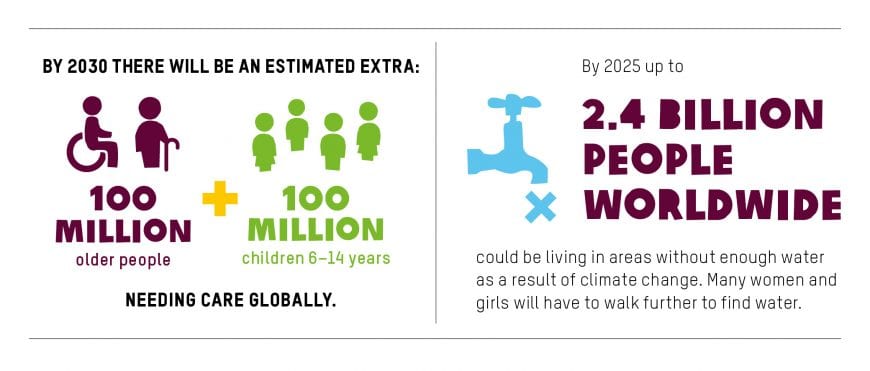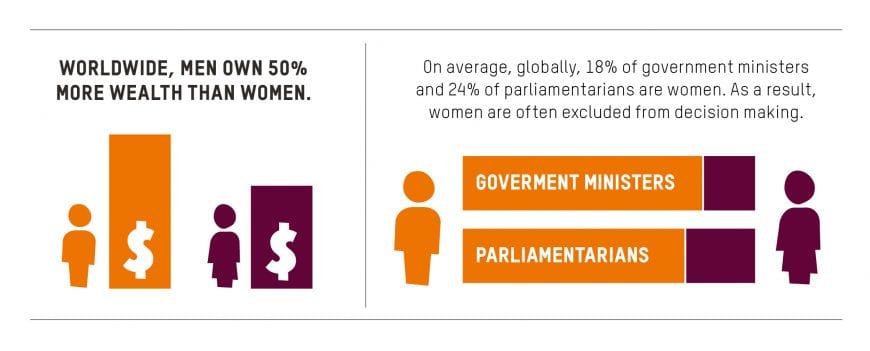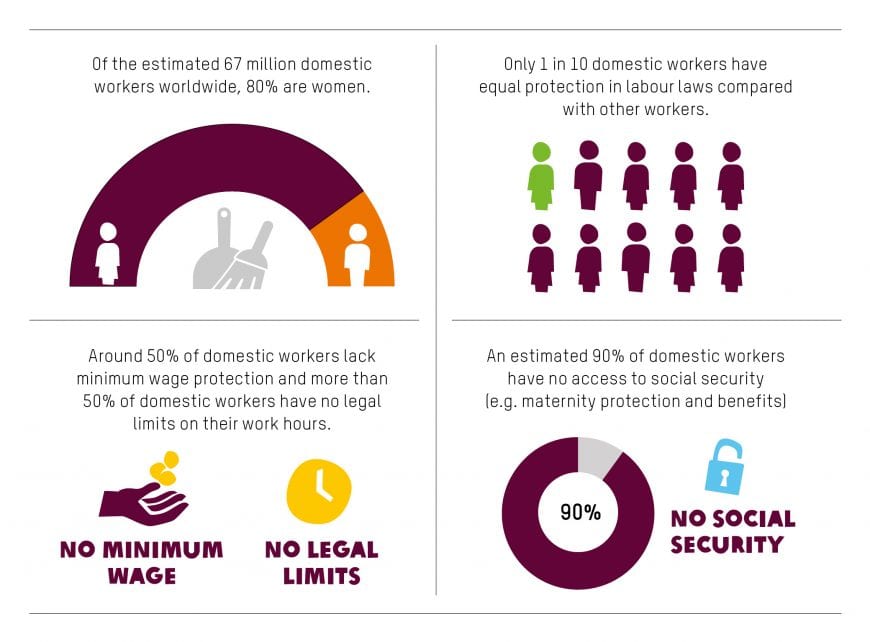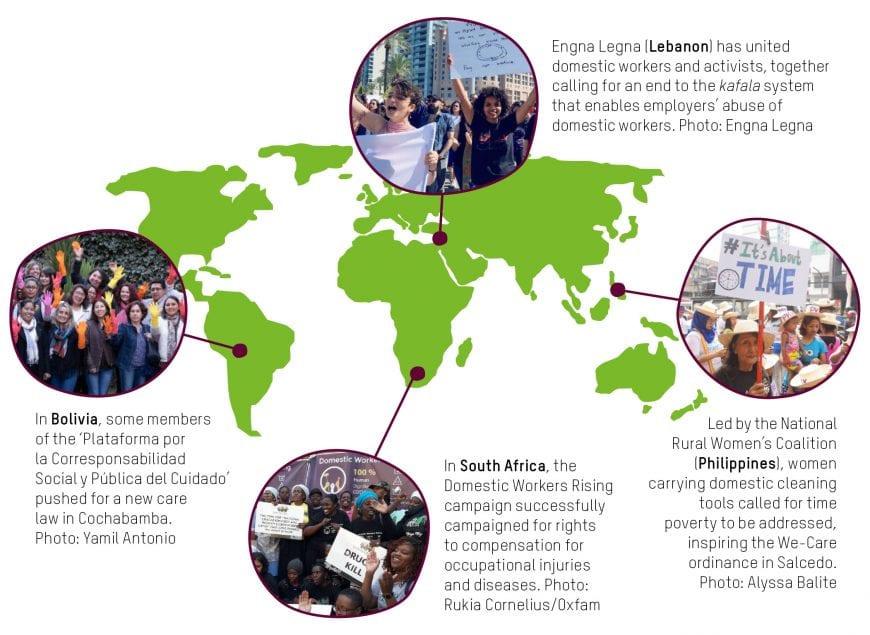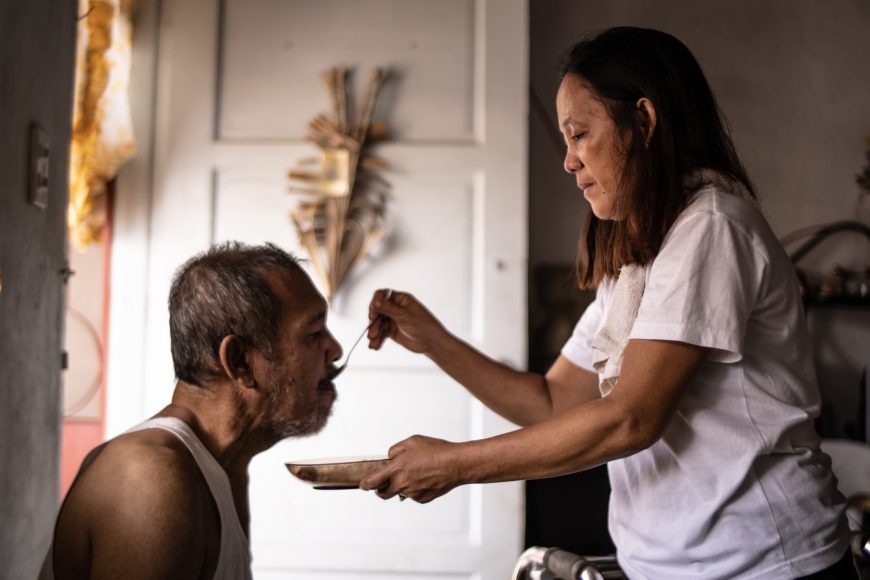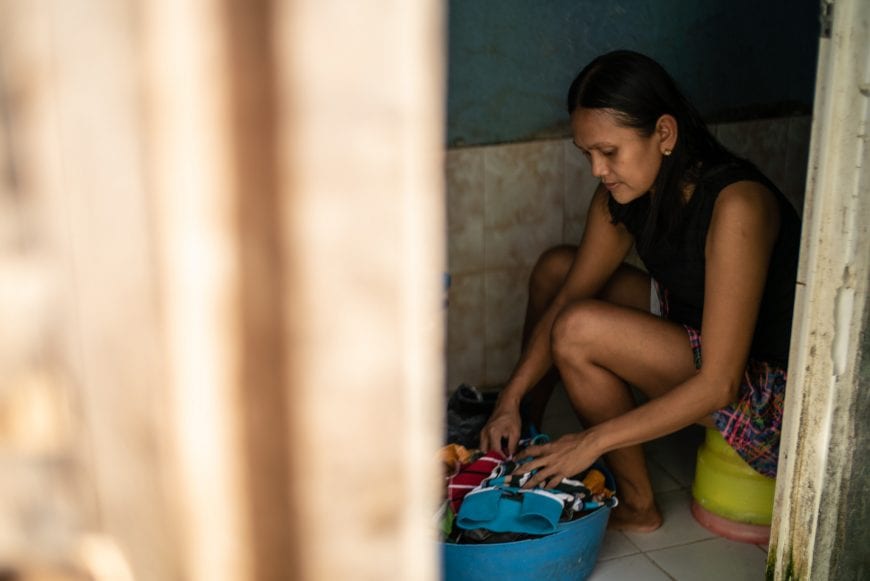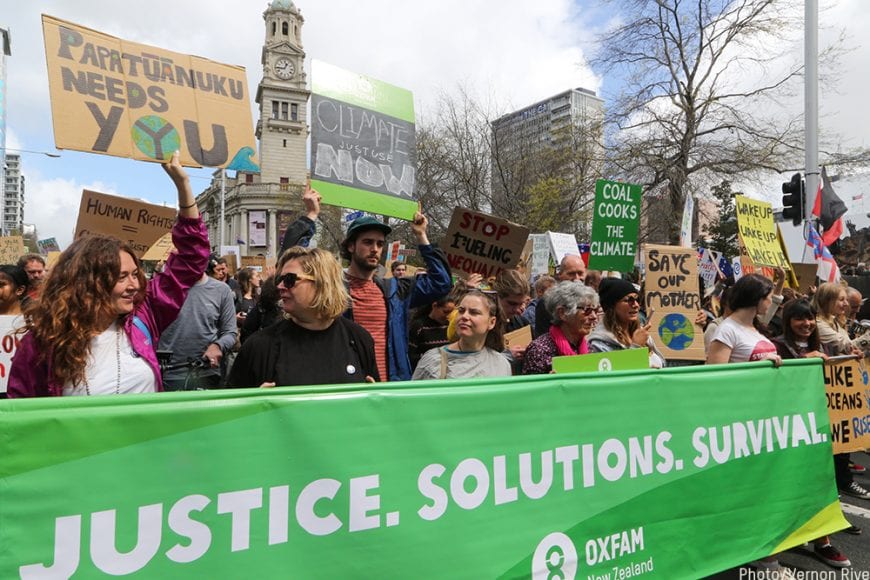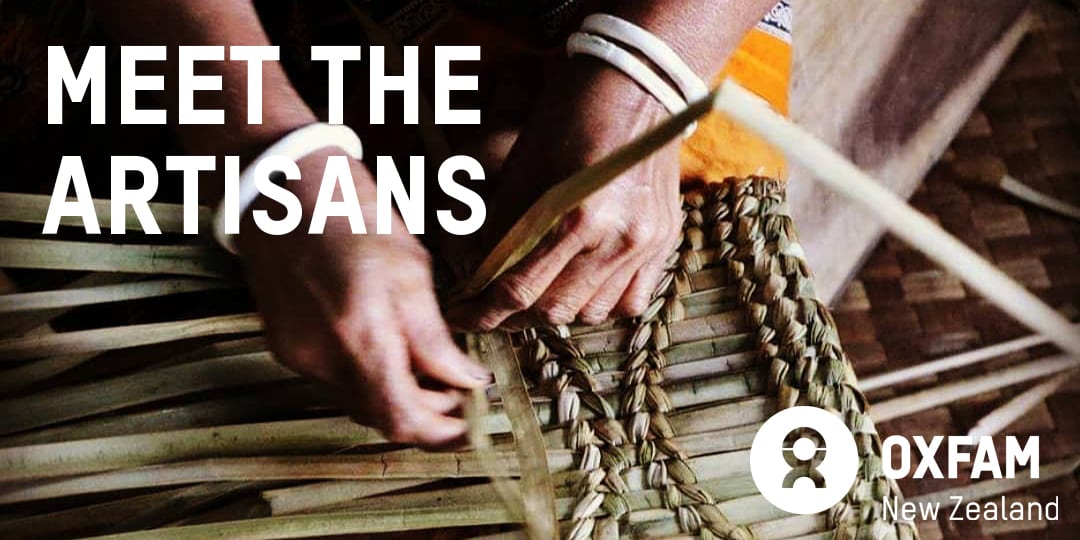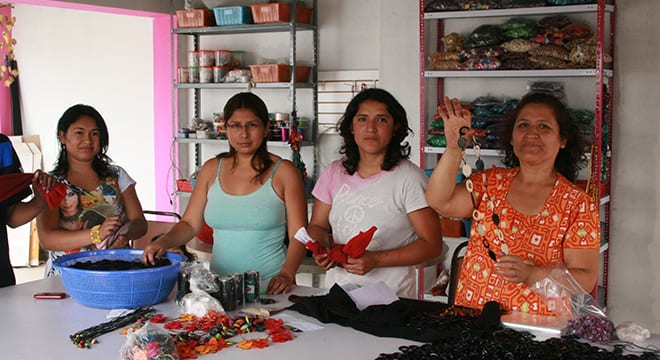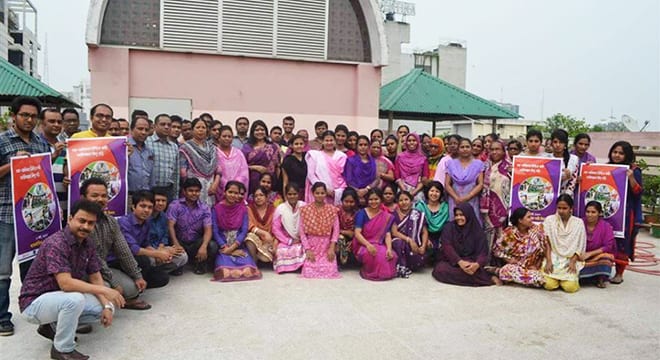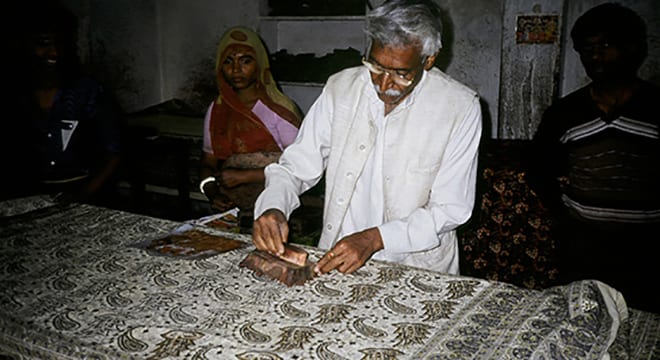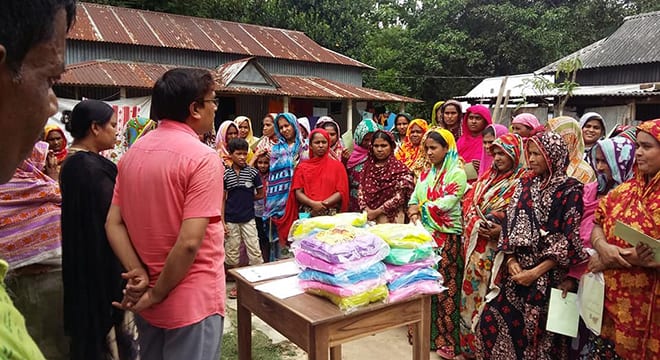
Reacting to today’s decision by the International Court of Justice to order Myanmar to carry out emergency provisional measures, Oxfam’s Head of Humanitarian Campaigns, Fionna Smyth, said:
“This ruling is an important step towards justice and accountability for the Rohingya people. We urge Myanmar to implement these measures immediately and call on all nations to support this independent judicial process.
“Rohingya people along with many other ethnic groups in Myanmar tell us that they continue to face violence and abuse. Over 100,000 Rohingya people remain confined to squalid camps where they have no access to emergency healthcare or formal education.
“As a matter of urgency, the Myanmar government should grant Rohingya people full citizenship, freedom of movement and basic human rights. It should also give investigators, humanitarian agencies and the media full access to central and northern Rakhine.
“More than 100 civil society organizations across Myanmar have voiced their support for this case and other ongoing accountability processes. We support their calls for justice.”





